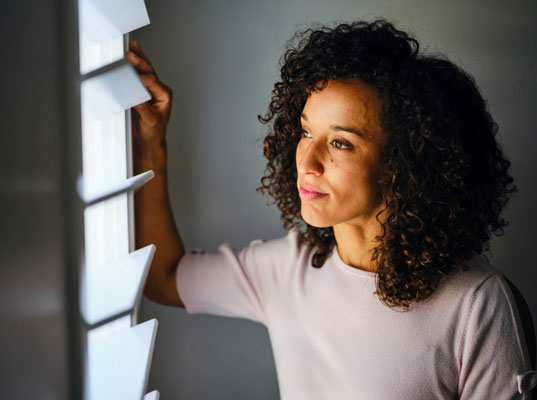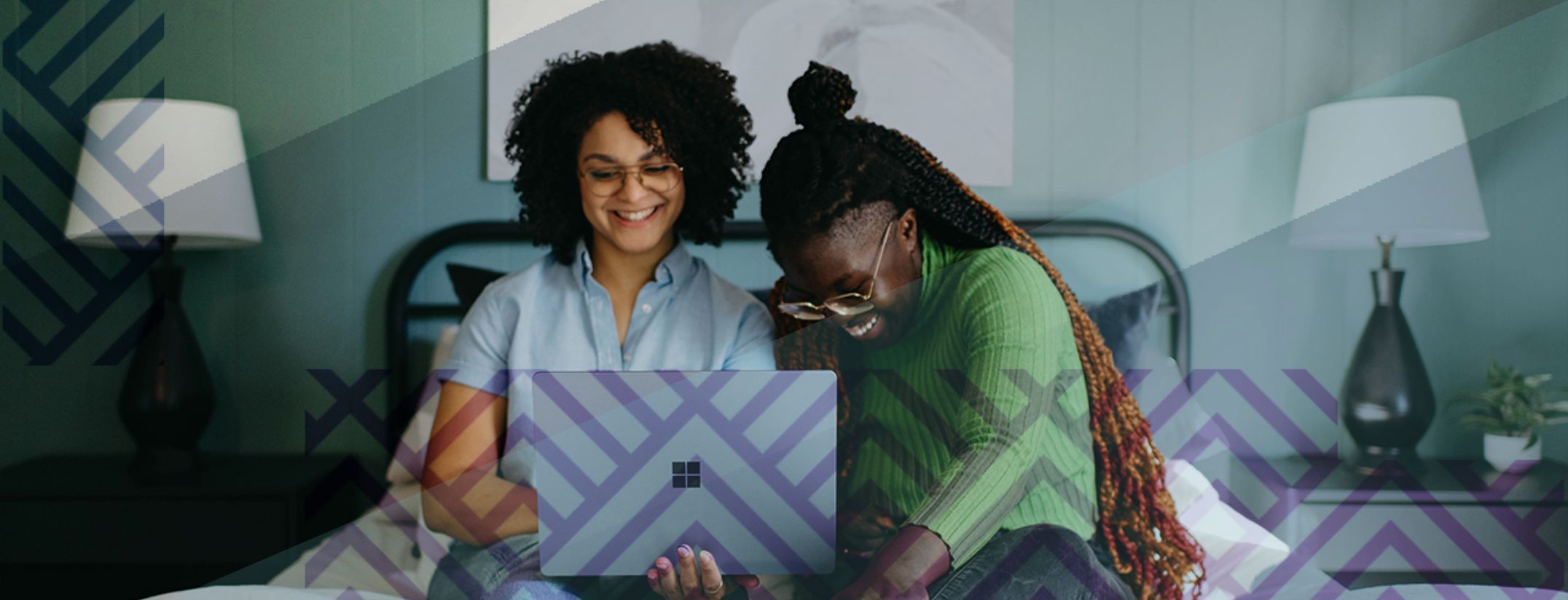
As part of its “Unsafe at Home” multi-week series on domestic violence in South Carolina, WBTW Anchor Braley Dodson interviewed SCCADVASA executive director Sara Barber on South Carolina’s consistent ranking among the worst in the nation for both its rate of domestic violence and for how often women are killed by men.
Excerpt below. You can view the full story and series here.
A complex problem
The number of domestic violence cases investigated by police each year is only a fraction of the state’s reality.
“Domestic violence is a huge and often hidden problem in our state, even though we know the reporting rates are low,” said Sara Barber, the executive director of SCCADVASA. ”We are looking at much bigger issues and numbers than we know.”
The people who are reporting those cases, she said, aren’t the same ones attending SCCADVASA programs.
Barber cites 2015 as a pivotal year for the state’s response, following a multi-part series on domestic violence published by The Post & Courier in Charleston. Those changes included a state task force appointed by then-Gov. Nikki Haley and the state General Assembly enhanced penalties for abusers, but Barber said there is still a long way to go to improve the situation.
News13 reached out of Haley for a comment about those 2015 efforts. Haley declined an interview, citing that she is not the sitting governor.
Laws are important, Barber said, because they show what society says is acceptable. However, those laws need to be implemented consistently, from 911 officers, to police officers to attorneys.
The cultural aspect around accepting domestic violence, or seeing it as a couple’s personal problem, needs to change.
Barber said she’s often asked why those who are abused don’t leave their relationships.
Those survivors have often been isolated, may not be allowed to work and are caring for children.
“You are being asked to leave everything behind, and you are asked to do that while you are terrified of somebody that you love,” Barber said. “It is an enormous ask that we make of survivors as a community.”
What people forget, she said, is that the couple is still in love.
“Abuse doesn’t happen until you are emotionally attached to that person, you have kids with that person,” Barber said.
It can also be a long time between incidents.
Leaving a marriage can spur a custody battle that’s used as leverage by the abuser to keep control.
“Any divorce with domestic violence involved is going to be a contested divorce,” Barber said.
For women who come from wealthy, well-known households, it’s even harder to leave.
“What happens when women make an accusation against a very prominent person in the community, they are met with disbelief, and often disbelief by other women,” Barber said.
Hurdles for men, immigrant families, members of the LGBTQ community and those with disabilities are even higher.


